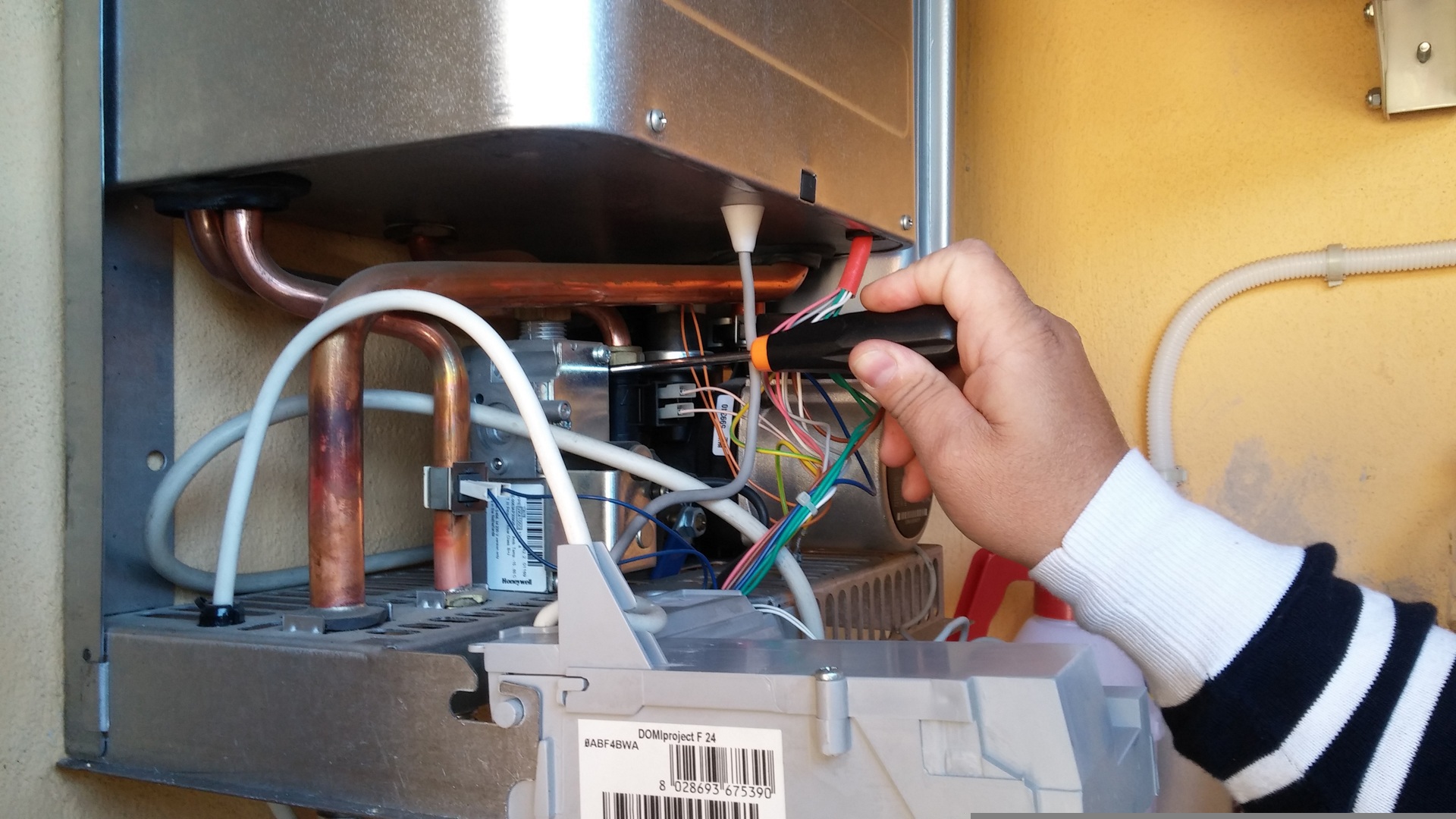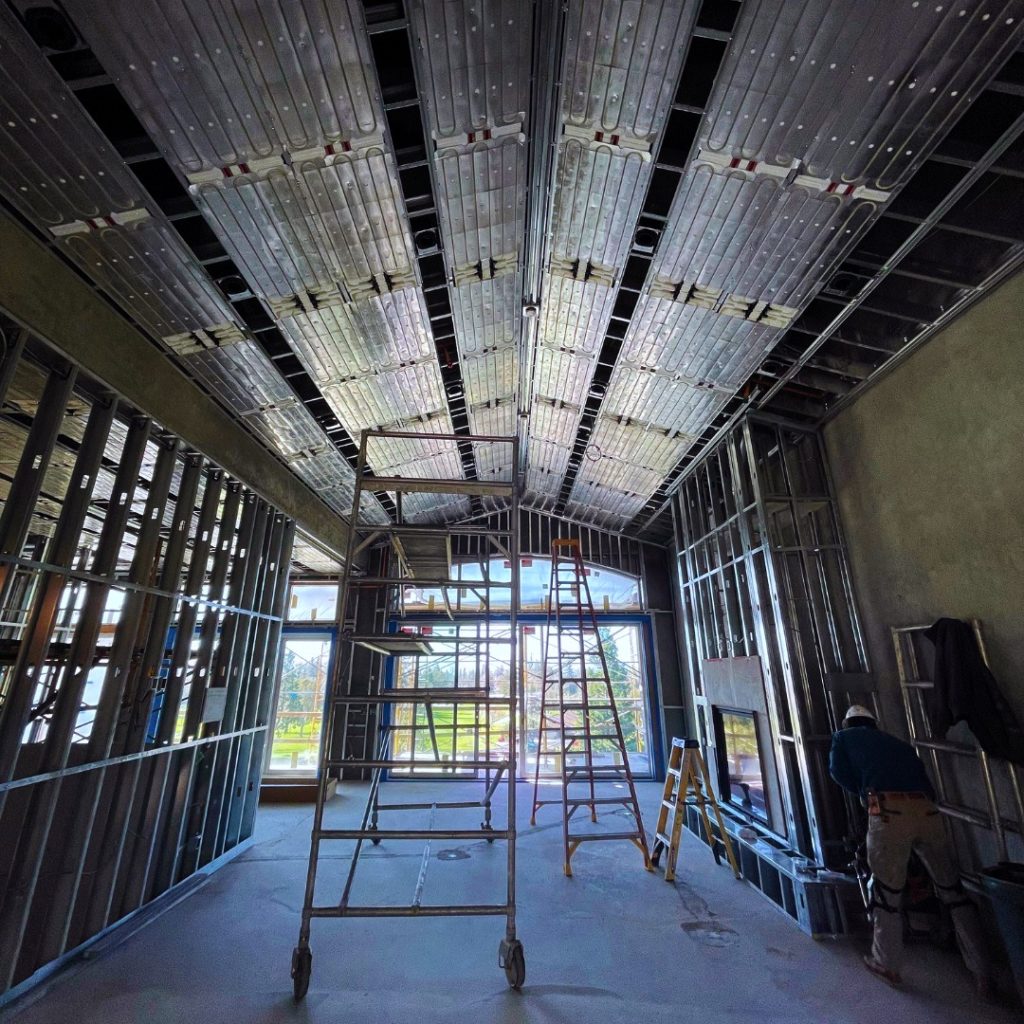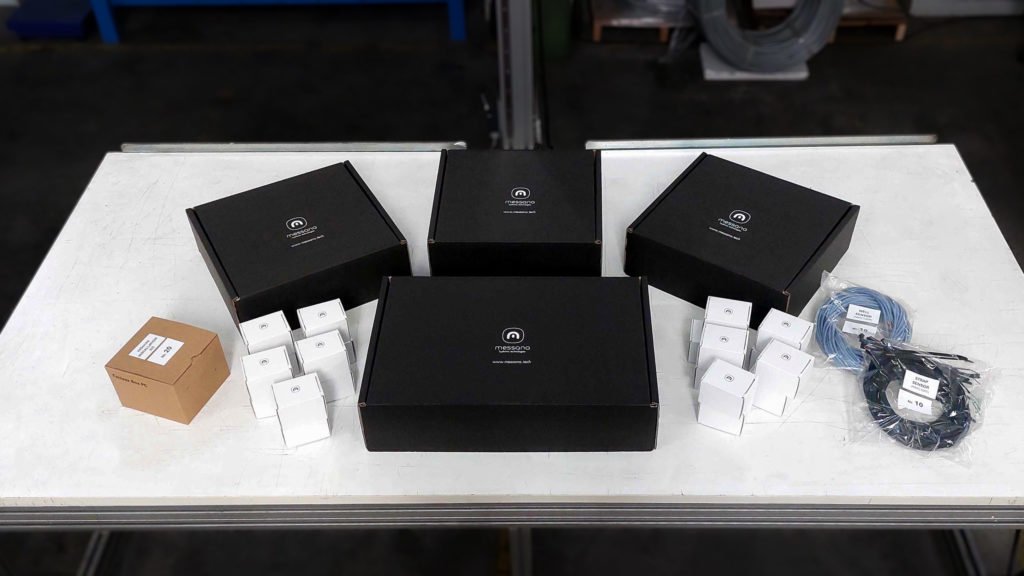
As the weather begins to cool down, people are once again going to begin to turn on their heating systems. But with the cost of heating being quite high in many areas, people are always on the lookout for more efficient options.
While many homes may still use traditional types of heating like forced-air systems, an increasingly popular option is a hydronic system. These systems use water to transfer thermal energy to heat or cool a home, and they often utilize much more efficient energy sources relative to gas boilers/furnaces. They are already incredibly popular throughout Europe and are starting to become more common in the United States.
Without any further ado, this guide is going to go over some of the many advantages that hydronic systems have over forced air systems, and why you should consider one for your home.
They Require Less Maintenance & Are More Durable
The first benefit of hydronic systems is that they are generally more durable than other options, and require less maintenance. While you will often need a furnace repair to keep your forced air heating system in good shape, a hydronic system is likely to stay in better shape over its lifetime and not require as many visits from HVAC technicians.
Furnace repairs can cost a few hundred dollars or more, plus you need to frequently clean the system and change out filters. Hydronic systems typically stay cleaner and generally use higher quality and more durable materials. You also don’t need to worry about your ductwork and the various issues that it can introduce.
They Are More Efficient
A big reason for this is that water simply conducts heat better than air does. It takes much less energy to move water around than it does to blow hot air. Also, these systems use electric energy over gas. This gives homeowners the option to use renewable energy sources if they choose, thus reducing their carbon footprint.
Hydronic systems also tend to operate using a closed loop, so there will be no adverse effect on your water bill, and there will be less energy loss compared to forced air systems. With forced air systems, the pressure can cause hot air to escape through windows, walls, and leaks in the foundation. This means you’ll need to heat your home longer (and spend more money) to make up for the heat that escapes.
Additionally, hydronic systems also allow you to combine your heating and cooling systems! With a traditional system, you need a gas furnace as well as an air conditioning unit. With a hydronic system, your air-to-water heat pump is capable of producing cold water to cool your home in the summer, and hot water to heat it up in the winter.
In most outdoor conditions, heat pumps are very efficient. They work by transferring outdoor heat to the water for heating or extracting heat from the water to cool it down for cooling. Heat pumps simply transfer thermal energy from one source to another, and this leads to incredible efficiency.
In fact, the COP (coefficient of performance) for heat pumps is around 4-5 in most outdoor conditions. This means that for every 1 unit of electrical energy that is used, around 4-5 units of heat energy are produced. Gas furnaces are only about 95% efficient, meaning for every 1 unit of electrical energy input, only 0.95 units of heat energy are output.
They Are Much Quieter
If you have ever lived in a home with a forced air system, you know how loud it can be. This is especially true if you have an unfinished basement or no way to close off the sound coming from your basement.
Not only is the system loud during the start-up, but you will likely hear it the whole time it is working and often hear the metal ducts as they expand. And with these systems cycling on and off multiple times an hour, it can be quite annoying to deal with.
Hydronic systems operate perfectly without making much noise at all. There are no ducts to expand, and no loud furnace running during all hours of the day. You may hear the heat pump or boiler turn on, but that’s about it. This can ensure your home stays a peaceful and comfortable place to be.
In addition to being quiet, hydronic systems can also be invisible when paired with a radiant delivery system like a radiant ceiling or radiant floor.
These are just some of the many advantages of hydronic systems over forced air systems.

